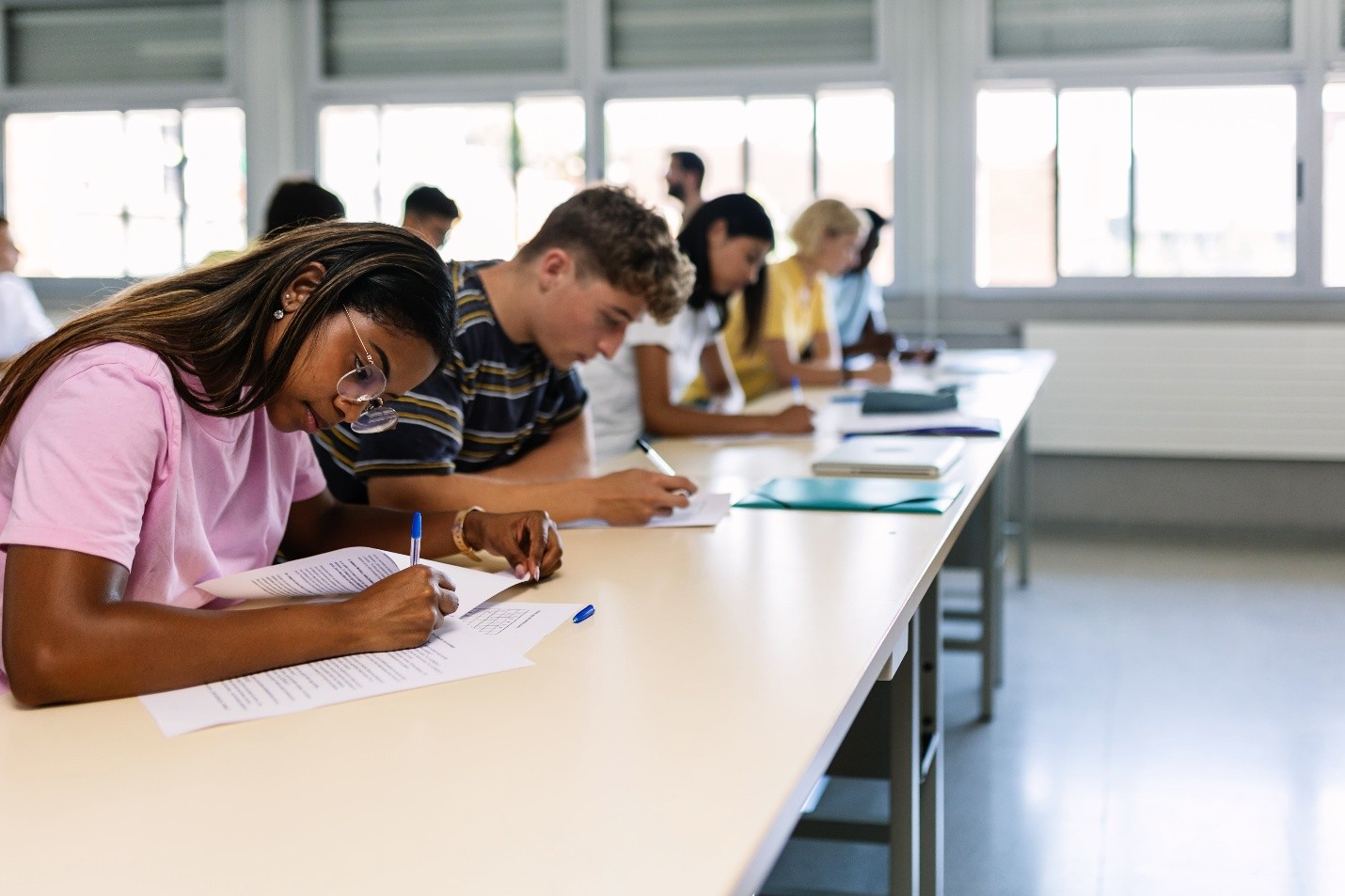
Pierre Orbe New York emphasizes that the heart of education isn’t found in textbooks or standardized tests. Instead, it lies in the moments that often go unnoticed—the passing conversations, the casual check-ins, the space between structured instruction. Pierre Orbe Principal offers reflections on the value of preserving and elevating these unstructured yet vital times by embedding meaningful advisory periods and student check-ins into the school schedule. These deliberate pauses create breathing room in students’ days and lay the foundation for deeper relationships between students, staff, and the broader school community.
Pierre Orbe New York reflects on how the post-pandemic return to school heightened the emotional and psychological needs of students. For many, reintegration brought on feelings of isolation, anxiety, and disengagement. Traditional academic periods often didn’t provide enough space to process those emotions. With this in mind, Pierre Orbe Principal discusses the importance of advisory periods where students are grouped with a consistent adult mentor and small peer cohort. These groups offer time to check in, reflect, and build trust.
The goal of these periods isn’t to cover academic material or deliver canned lessons. Instead, they serve as safe spaces where students can speak freely, explore identity, and develop social-emotional skills. Pierre Orbe New York considers these moments often more important than a grade or test score. They signal to students that who they are is as important as what they achieve.
Pierre Orbe Principal suggests that students thrive when they feel seen. Whether it’s a morning circle, weekly reflection session, or one-on-one check-in, the intent is to show students that adults care about their well-being beyond academics. In reflections and discussions, Pierre Orbe New York highlights how advisory time can be treated as sacred, not to be repurposed for make-up work or other academic overflow.
Through training and guidance, Pierre Orbe Principal promotes the idea that staff can become active listeners, empathetic mentors, and consistent figures of support. Advisory isn’t treated as an add-on but as a cornerstone of school culture. As a result, many see it as a refuge, a routine, and a relationship builder. Students often report feeling more connected, less anxious, and more inclined to participate in the broader school experience.
Pierre Orbe New York notes the significance of individual student check-ins as another essential layer of connection. These quick, informal conversations can happen in hallways, lunchrooms, or office corners. The value lies not in their formality but in their frequency and authenticity. Pierre Orbe Principal encourages staff to find time for these interactions.
What makes these check-ins powerful is their unpredictability. A simple conversation about a student’s interests or recent activity can create an immediate emotional bridge. Pierre Orbe New York reflects on how such moments are remembered long after the final bell rings. They affirm a student’s sense of place and belonging, which directly correlates to academic success and resilience.
Pierre Orbe Principal recognizes the challenge every school faces: time. There is never enough of it, and the pressure to maximize instructional minutes can make anything non-academic seem expendable. But Pierre Orbe New York maintains that without time for connection, the rest becomes less effective. Instruction flourishes in a school culture where students feel safe and valued.
To protect this time, Pierre Orbe Principal shares thoughts on restructuring master schedules, reallocating resources, and advocating for dedicated relationship-building periods. The underlying message remains clear: student-centered leadership must be built into the structure of the school day. Advisory periods and check-ins aren’t just nice-to-haves; they are essential components.
In many conversations, Pierre Orbe New York frames advisory groups as cultural microcosms of the larger school. Traditions may form organically—celebrations, shared challenges, group projects—creating a strong sense of identity and belonging. Pierre Orbe Principal suggests that advisory can become a platform to cultivate leadership, peer mentorship, and equity discussions.
Students who may never have spoken up in class can begin to find their voice in advisory. Those struggling with behavior or attendance may feel more visible and supported. Over time, the advisory period has the potential to become a trusted environment where vulnerability is met with understanding. Pierre Orbe New York notes that such spaces contribute significantly to a student’s future.
Pierre Orbe Principal often promotes the concept of relational leadership. Sharing experiences, demonstrating transparency, and fostering a culture of listening are all part of this model. For Pierre Orbe New York, relationships are not just a strategy—they are the substance of leadership.
Meetings with student leadership teams, participation in advisory sessions, and open channels of feedback are all part of a broader commitment to mutual respect. When students see leadership showing up with care and humility, it reinforces a school-wide culture of connection.
Pierre Orbe New York envisions a future where every school allocates meaningful time for student check-ins and relationship building. This future doesn’t sacrifice academic rigor but enhances it through emotional safety and connection. Pierre Orbe Principal encourages educators to rethink their priorities and to resist the pressure to fill every moment with content.
The belief is simple: when we prioritize human connection, everything else follows. Schools become healthier. Teachers feel more fulfilled. Students develop resilience, empathy, and motivation that lasts far beyond graduation. Pierre Orbe New York continues to explore and reflect on how a relational approach to education is not only compassionate but also deeply impactful.
Pierre Orbe New York consistently centers his work around the power of relationships, especially through advisory periods and student check-ins. Pierre Orbe Principal advocates for an educational journey that walks beside students rather than ahead of them. Advisory time and informal check-ins offer a space for that companionship to grow. And in doing so, the school community thrives. Pierre Orbe New York remains committed to keeping students at the center of every conversation.